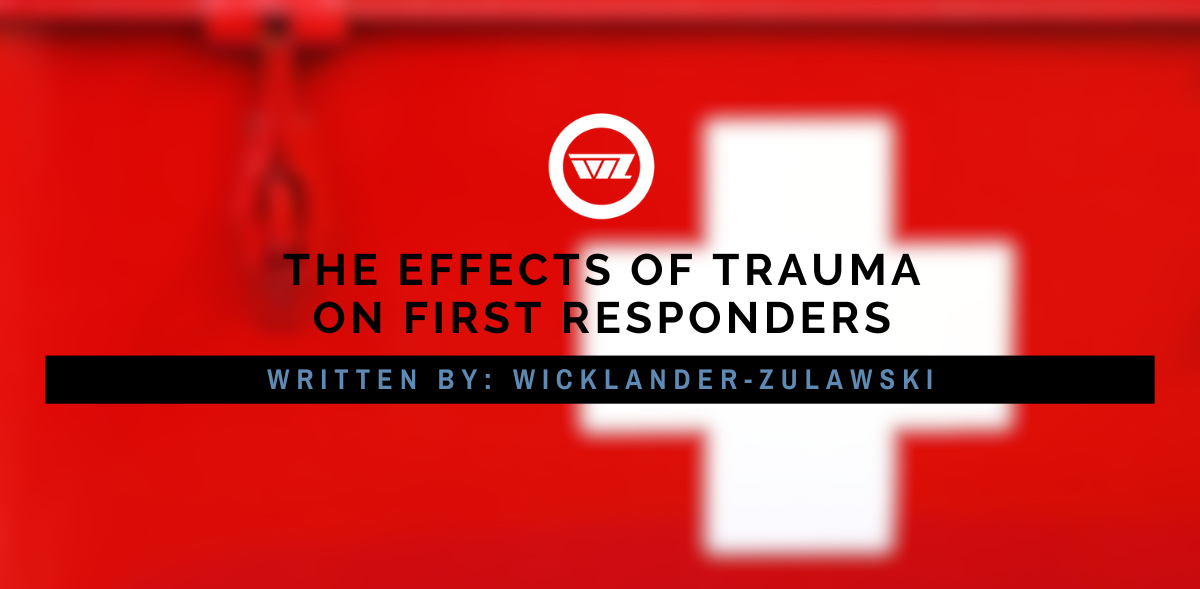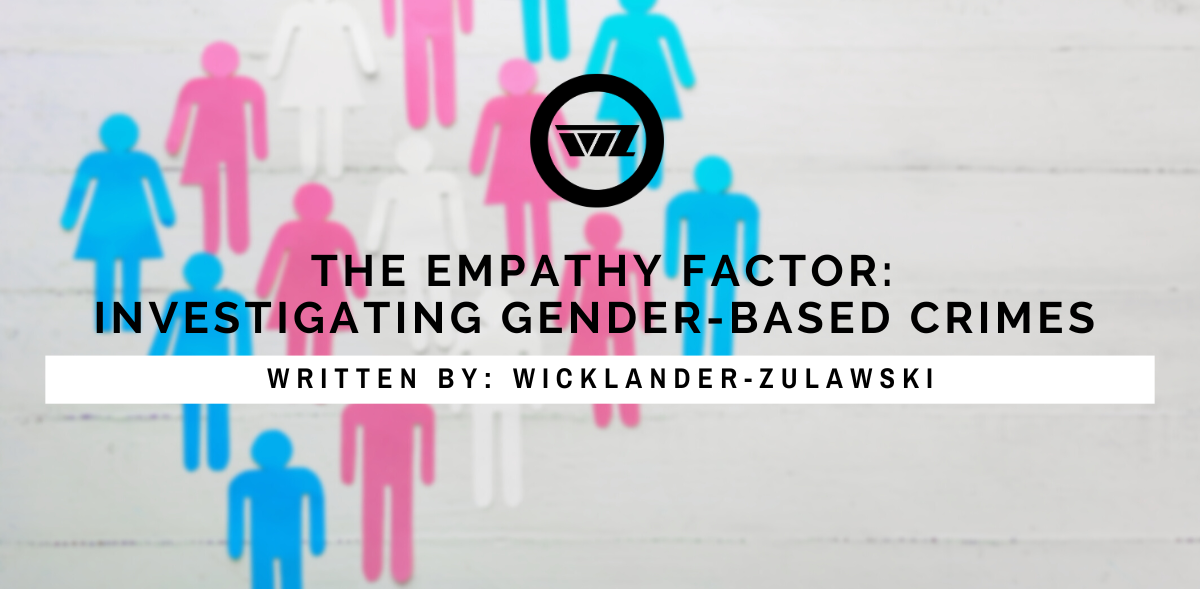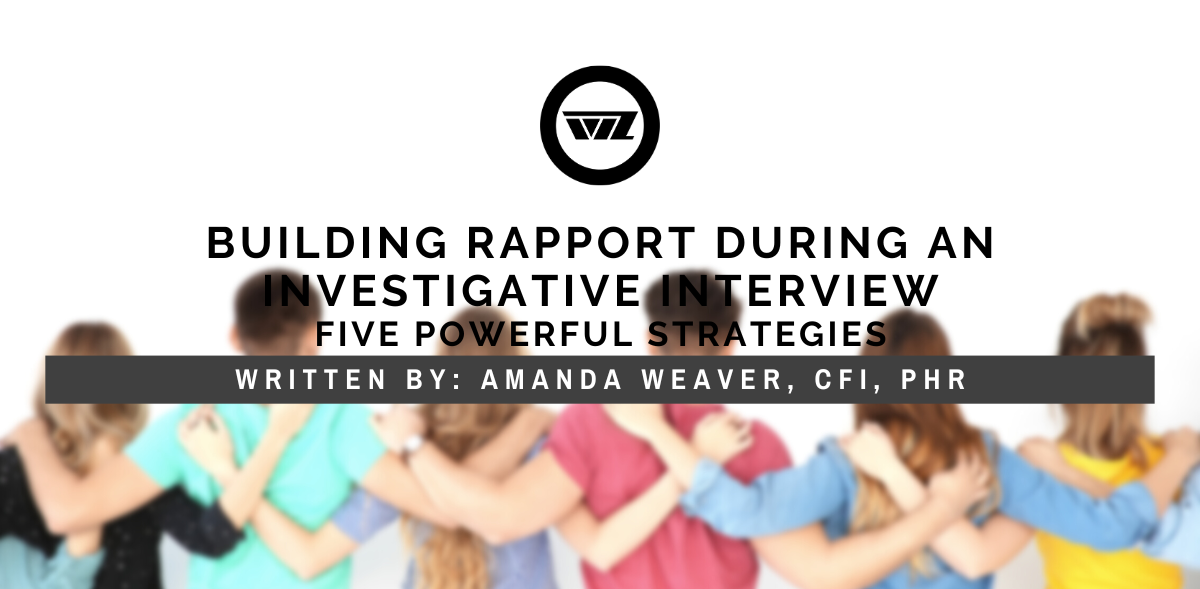Think back to the first memory that you can clearly recall. After reflection, depending upon your age, mentally follow the many stages of your life. Progress from childhood, adolescence, to adulthood. During that period of time, how many people have you met? How many friends have you made? How many events have you attended? How many difficulties have you encountered? And how many times have you been very happy? Many of these periods of your life are lying dormant. They, along with billions of other pieces of information are stored somewhere in your memory, only to be recalled when an appropriate question, emotion, or situation triggers a response.
As powerful as the human brain is, there are some constraints to our ability to encode, store, and retrieve incoming information. Generally speaking, people can fully concentrate on only one information source at a time. If operating an automobile, searching for an address, how often does the driver turn the sound off on the car radio when proceeding down the street? Because of our limited mental resources, the driver is attempting to focus on the task at hand by limiting the amount of incoming information sources.
Also, had the reader ever been in a situation where he or she was watching an exciting sporting event on television, only to be interrupted by a family member wanting to discuss family finances? To be tactful, had the listener attempted to distribute attention to both information sources? If so, valuable information was most likely lost from both television and family member.
An individual has to choose one information source over another if he or she wants to fully comprehend a message. In the family finance situation mentioned above, the financial conversation will have to be postponed to a more appropriate time, or the person watching television will have to turn the television off to fully concentrate on the financial conversation.
This author now wants to divert the reader’s attention to the world of investigative interviewing. Now that we, as interviewers, are aware that our mental resources are limited, our interviewing goal should be the collection of the most amount of truthful, informative, and relevant information before a person interviewed tires and his or her mental effort to accurately recall is diminished. Anyone who spent an entire night cramming for an upcoming examination understands that a point is reached where mental stress causes a person to lose their ability to think clearly. The individual’s head literally aches. He or she is unable to add any additional information to memory and may even loose the ability to recall information previously learned.
Ronald P. Fisher and R. Edward Geiselman have developed two principles that address this dilemma. They are referred to as The Principle of Detail and The Principle of Momentum.
The Principle of Detail
Human beings have limited mental resources, and only one information source (the question) can be fully attended to at any single time. The interviewer should be strategic in his or her method and order of questioning.
The first question asked should be open-ended in order to draw the most amount of relevant information needed from the individual in relation to the topic of conversation.
The interviewer should also understand that because the individual is focusing on responding to the question asked, a mental image is drawn into consciousness in response to that specific question. All other pertinent information is in the subject’s subconscious memory. It may be available when an emotion is triggered or a relevant question is asked, but is currently dormant. This suggests that more informative information, directly related to the question asked, may be available, but is not currently in the subject’s conscious mind.
For example: If the subject of the interview is asked to describe his or her memory of the frontal view of an armed robber, the subject of the interview may draw a mental image of the offender’s frontal view and describe the offender. If the interviewer follows-up with a question about the offender having any writing or design on the back of his shirt, the person interviewed first checks to see if the question may be answered by the mental image (frontal view) currently in consciousness. If the current memory in consciousness does not contain the requested information, the person interviewed either discards the current memory image in their mind and searches through his or her entire memory for an appropriate response. The person interviewed may also respond, “I don’t know.”
This (I don’t know) may or may not be an intentional attempt to deceive. It may only mean the requested information (writing or design on the back of the subject’s shirt) was not currently available in the subject’s current conscious memory image and a further search through memory was not conducted.
Humans have limited mental resources. The interviewer must be aware that the subject of an interview can fully concentrate on only one information source at a time. This one information source is the interviewer’s question. As a result, more valuable information, pertaining to the question, may be available but not accessed.
The Principle of Momentum
The Principle of Momentum takes into account that humans have a finite amount of mental resources. Because it takes mental effort to repeatedly recall past events, interviewers should limit the number of times a person interviewed should draw the same mental image of memory into consciousness. The Principle of Momentum suggests that once a question is asked by the interviewer, all relevant information pertaining to that mental image of memory should be completely exhausted before moving on to a different mental image of memory. The interviewer should be extremely selective regarding the choice of questions and order of their questioning. The first questions asked should be designed to obtain the most amount of relevant and informative information available, from the subject’s memory, to satisfy the interviewer’s organizational and legal needs.
It should be noted that, in some circumstances, a person interviewed may initiate a return to a mental image previously exhausted. In such a case, the interviewer should return to that memory and, again, exhaust all relevant information before moving on to another mental image.
In summary, investigators should have a purpose in their choice and order of questions used during their interviews. The subject of their interview has limited mental resources and will eventually tire of repeated searches through memory.
Key Takeaways
The interviewer should be aware that the person interviewed, in response to a question, first checks to see if the question can be answered by the mental image currently in their consciousness. Consequently, the person interviewed may possess more information than provided in the interview (Principle of Detail.)
Investigators should also be aware that once a question is asked and a mental image of a specific memory is drawn into consciousness, that mental image should be completely exhausted of inquiries before moving on to another question and mental image (Principle of Momentum).
Thomas F. McGreal is a Certified Forensic Interviewer employed by Wicklander-Zulawski & Associates. He was previously employed by the Cook County State’s Attorney’s Office as an investigator in the Post Conviction / Conviction Integrity Unit. Thomas F. McGreal was also employed by the Chicago Police Department, assigned to the Detective Division.





April 16, 2020, 1:35 am
Excellent, useful information presently simply and succinctly.
April 21, 2020, 10:10 pm
Thank you Joe!
May 18, 2020, 5:18 pm
Great article, Tom!
May 18, 2020, 9:32 pm
Thank you!